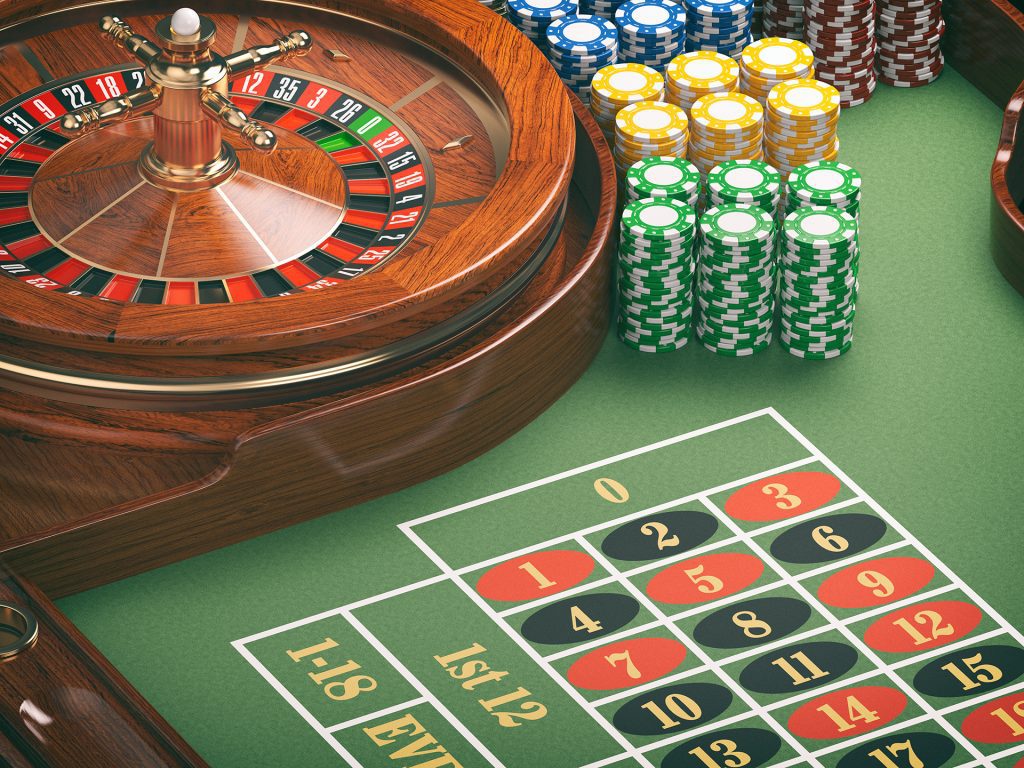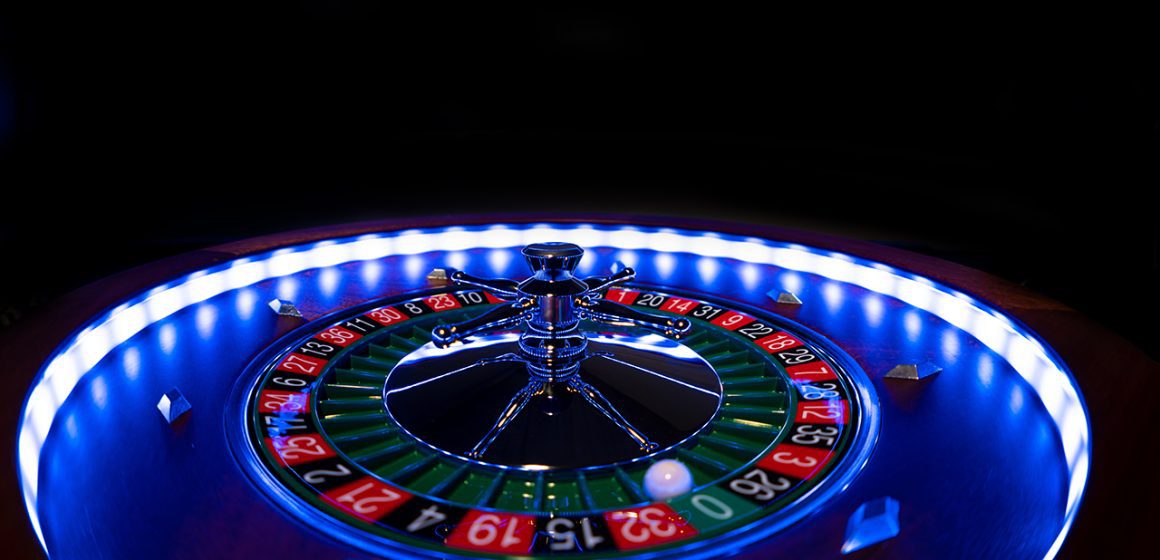People who work closely with some kind of statistics know the chaos theory and its effects on everything around us. Chaos theory can affect most of the outcomes that govern things we experience daily. Since the roulette wheel depends on chance, can the chaos theory be used for wins?
The more you play, the more you will probably lose at roulette. This is due to the table having a much higher house edge than usual. The pockets the ball drops into are decided by random chance, and none of the spins is interdependent.
So, is there a way to apply theory to predict outcomes and win the game? Chaos theory is one way you can predict outcomes and win more often than if you were to bet blindly. The following sections discuss the theory and its applications in detail.
What is Chaos Theory?
The theory is based on a 2012 paper submitted by mathematicians at Cornell University. This research hoped to crack the roulette wheel mechanism and devise a way to predict where the ball would land.
Chaos theory explains how situations that depend on random chance can still be predicted based on their initial positions. It is based on the assumption that no matter how random a situation may seem, one can still assume it follows set rules that can add accuracy to our predictions.
The paper used a model wheel and ball to depict how the starting position of both can determine the winning position. Essentially, where the ball entered the wheel at the start, along with its speed and where it started spinning, can help you beat the odds.
Can You Use Chaos Theory to Win at Roulette?
The whole point of a roulette wheel is random chance. Every spin should be independent of any other spins, and one should have the same chances of winning or losing no matter when one plays. However, biases can help some people win more often.
However, a wheel is not a machine, and the slightest chips can flaw the spinning mechanism. This makes roulette players keep looking for a wheel that favors a particular outcome by tracking the ball and the way it spins.
You can win millions even if you spot one wheel with an inherent flaw within the casino. However, casinos are getting more and more advanced in their efforts to prevent bias in the wheel. Not all wheels are susceptible to a flaw anymore.
1. Online Roulette Eliminates the Flaw
You may apply chaos theory to land-based casinos. But you must also consider that most roulette has moved to the online space. People just don’t play the land-based versions anymore, and machines have replaced the spins.
Roulette outcomes have become more randomized and independent than ever before, which is why chaos theory may not work. Sure, you can keep noting the outcomes, but you will only get caught up in false patterns. None of the patterns last.
2. Roulette Wheels Have Been Perfected
The roulette players who do stick to roulette wheels in today’s age might also not benefit from this theory as many roulette biases no longer exist. Casinos ensure that the deviations that caused a roulette wheel to tilt or shift no longer exist.
This means that the bends, worn-out balls, or grooves don’t allow certain numbers to overcome others anymore. It is all randomized, and you will most likely lose if you keep spending the same amount on one number.
3. The Theory is Overestimated
Chaos theory does work in the bigger scheme of things. For example, the quintessential example of a butterfly flapping its wings to effect a tsunami in another part of the world might be true. But smaller outcomes, such as the number the ball lands on, might not depend entirely on initial scenarios.
4. Casinos Are Getting More Cautious
You are not the only one searching for strategies to win. Apart from roulette players, casinos keep updated regarding the theories circulating between casino players. Older players who used computers to glitch the system can no longer win as casinos are much more cautious.
Casinos know that certain players try to calculate the speed of the spins and the ball along with where the ball lands to estimate a bias. However, before they can make their predictions, they are shooed out of the casino.
Professionals at casinos will never allow you to use your phone during a game and can spot if you are attempting to make calculations. Wheels are also regularly checked for bias, so anything you might have noticed some days ago won’t exist in the near future.
Strategies that Work
Some of the strategies that work for roulette include the following;
- Use a betting system to spread your risks and keep playing for longer. This includes increasing and decreasing your bets according to your wins and tweaking the amount depending on whether you place an inner or outer bet.
- Try to set a bankroll limit so that you can keep playing for longer. Wasting your money on one number will significantly lower your chances of playing. Keep one eye on the bankroll at all times, and avoid putting all your eggs in one basket.
- Pick a strategy that works for you and keep tweaking it according to the outcomes that you have experienced in the past.

Final Thoughts
Roulette is a game that depends almost entirely on chance, so it can be difficult to win if you are focused on a strategy. There are almost no biases in today’s modern versions, so the more you try to predict a win, the more disappointed you will be.
Try to take regular breaks and base your strategy on your own confidence along with how you feel. If you don’t feel comfortable continuing with the game, quit and return another day. There’s no point playing if you feel significant pressure on your bankroll.
Random chance isn’t something you should take lightly. We recommend trying poker or blackjack if you want some control over your wins. However, the more control, the harder the game, so be prepared to learn techniques before betting on a new game.


Leave a Reply